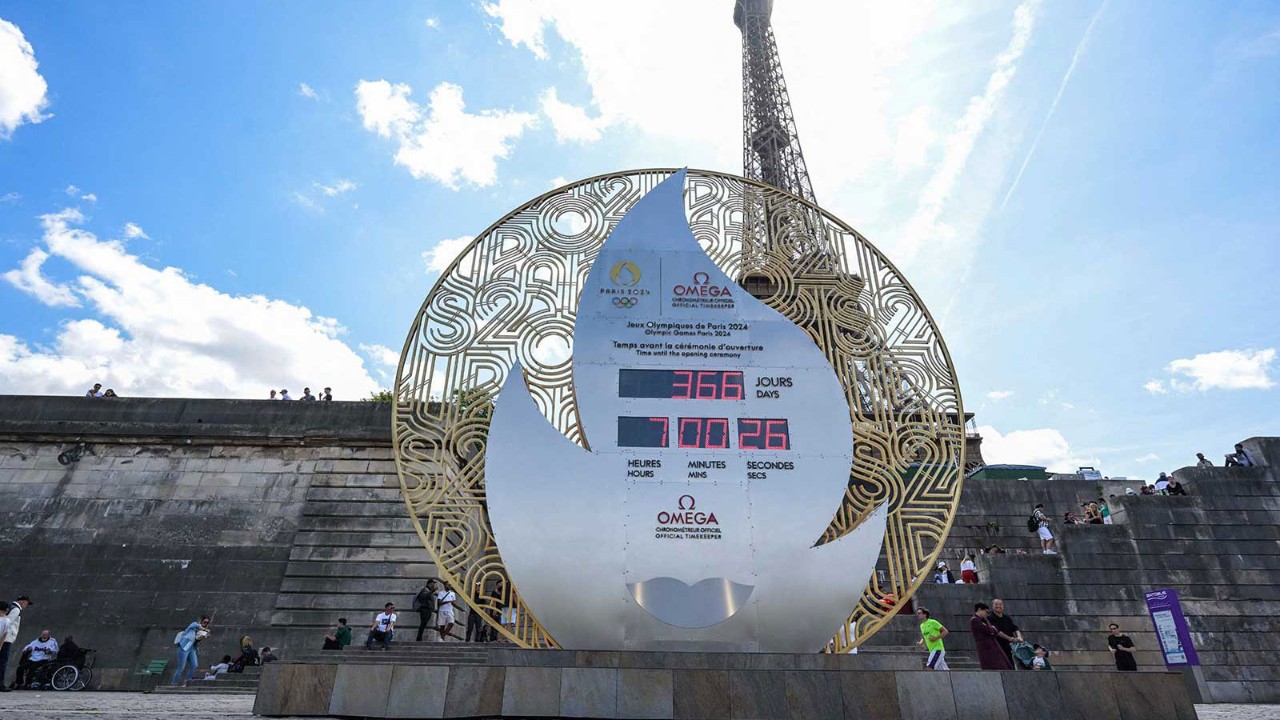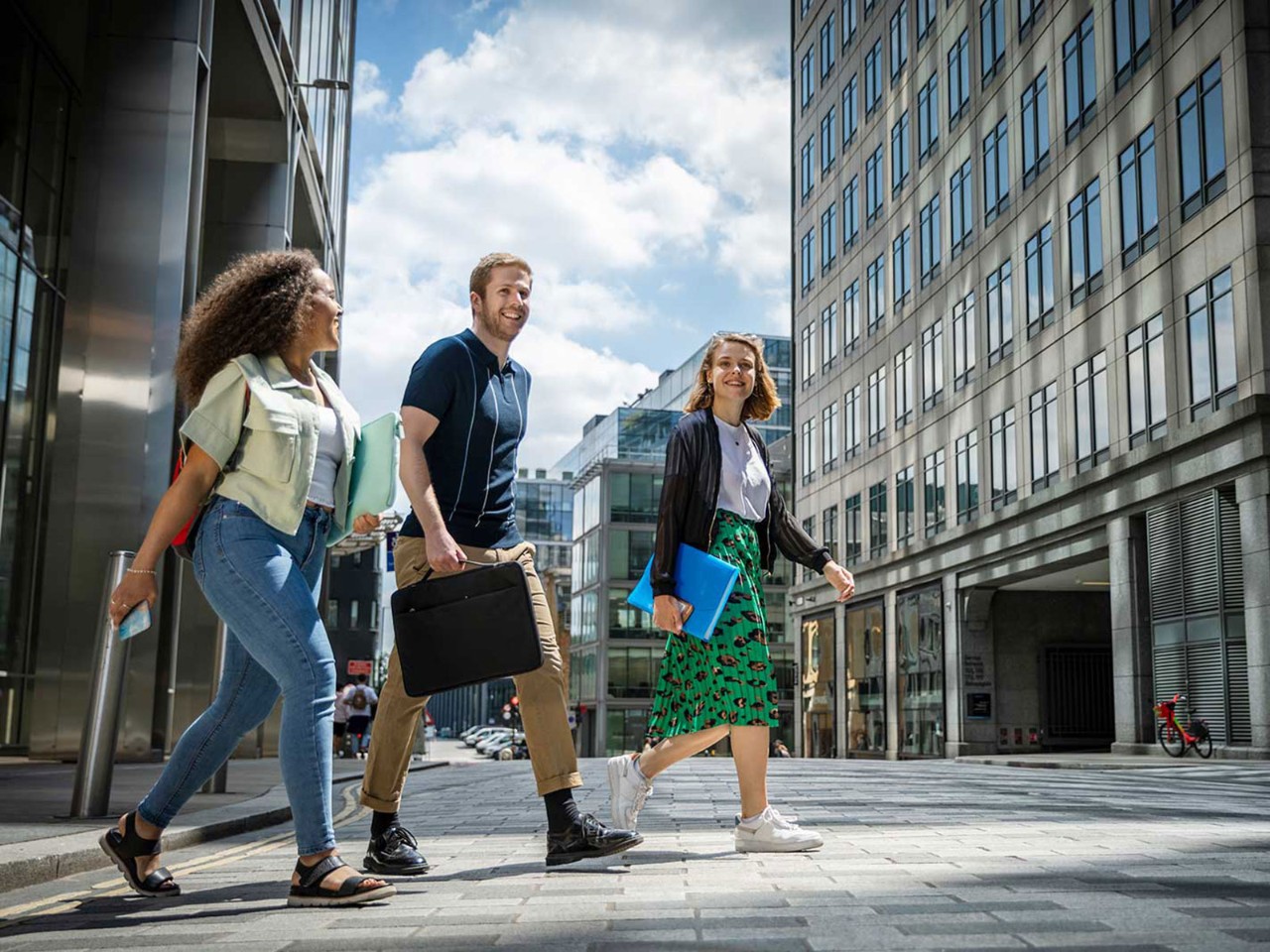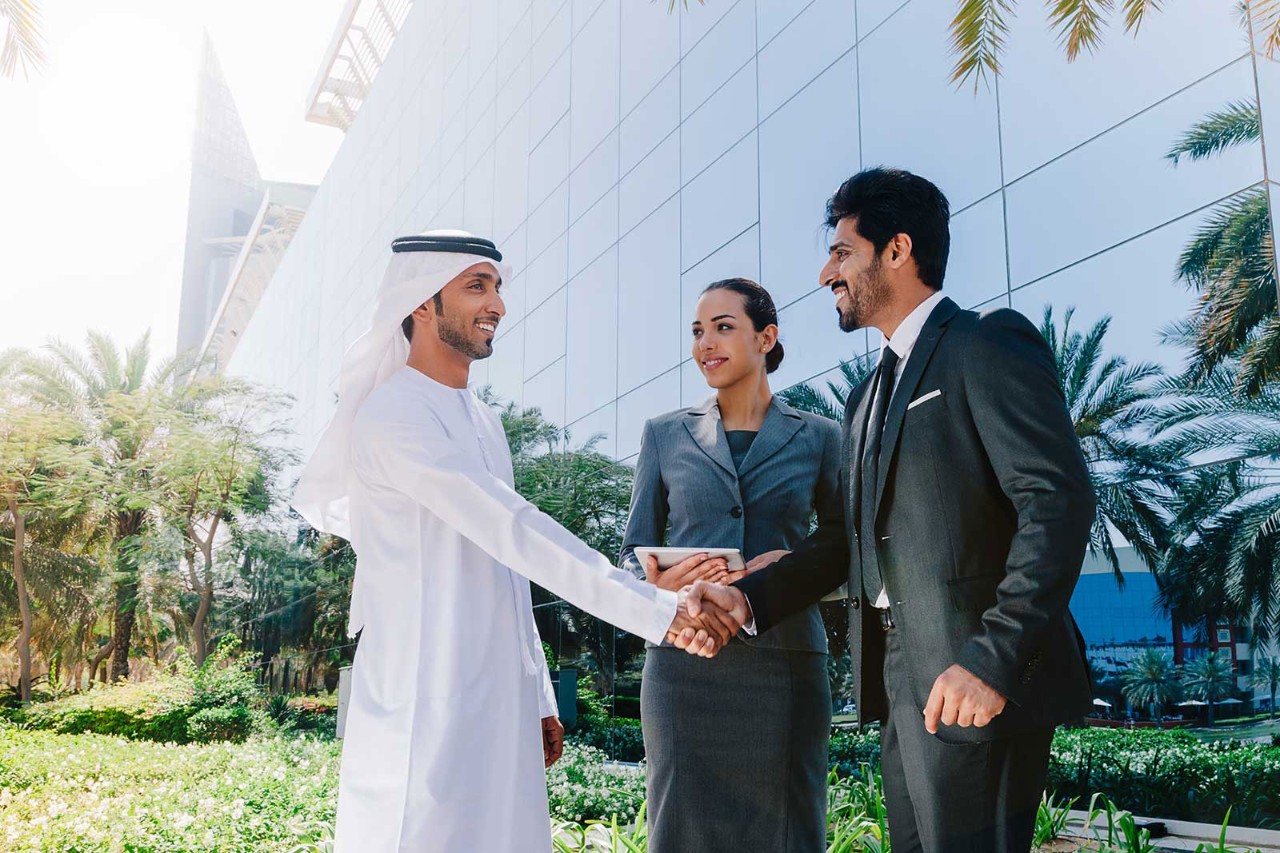
Despite recent negative headlines in the French press surrounding locals’ complaints about the cost and disruption of the Paris 2024 Olympic and Paralympic Games, official partners PwC and Deloitte are striving to make the Jeux Olympiques run as smooth as soie.
The events run from 26 July-11 August for the Olympic Games and 28 August-8 September for the Paralympic Games. Preparation began as soon as Paris was announced as the winning bidder.
‘So far since 2020, a year before PwC France signed on as partners, we have done more than 370 projects for the organising committee, involving more than 450 consultants,’ says Eric Dumont, partner and lead of sport and mega events at PwC, and business and delivery leader for the Olympics partnership.
‘It was our first time sponsoring such a big event’
The driving force behind the firm’s involvement came from younger employees, Dumont says. ‘They said it would be a once-in-a-lifetime opportunity, so we asked them to build the business case’, he explains. ‘They did exactly that, convincing management and partners. It was our first time sponsoring such a big event.’
Multi-disciplinary approach
PwC is the preferred provider for consulting services across a number of key areas, including finance, human resources management, legal, project management, internal audit and risk management. Their projects cover areas such as workforce planning, IT architecture, transport and logistics strategy, sustainability and legacy planning, and a roadmap of the key districts affected.
All four of PwC’s service lines are involved. ‘This was vital for us, combining all our competencies,’ says global client partner Agnès Hussherr.
‘We need to discuss everything with the teams, including medical and logistics’
Most of the work involved starting with a blank sheet. The legal practice had to be built from scratch to support the games with its public contracts.
Epic scale
To give an idea of the scale of the project, workforce planning alone covers thousands of paid staff and volunteers across competition and non-competition sites, including warehouses, hotels and train stations. Dumont and his team have advised on when people will be required for these sites, what their key activities should be, how they need to be organised, and what kind of employees, partners and service providers are required.
‘Even just at the Stade de France [the main venue], we need to discuss everything with the teams, including medical and logistics,’ he says.
PwC has even got involved in the games ‘food vision’ strategy, which covers both athletes and spectators. That’s 13 million meals across 40 sites for 15,000 athletes, 45,000 volunteers, 26,000 media professionals and more than 13 million spectators. The food must be local and sustainable with plant-based options, with no disposable tableware or plastic bottles, and efficient waste management.
‘A private French cloud was created to host the key data; it was a technical and complicated process’
‘The magnitude of everything we do is massive,’ Hussherr says. ‘Even the small projects have significant meaning.’
Tech challenge
PwC is also supporting the International Olympic Committee (IOC) with its IT architecture, including building an app enabling athletes to connect with each other during the games. ‘We designed it with our Experience Centre and the organising committee,’ says Dumont. ‘It was presented to France’s sports minister and will be built in the coming months.’
That said, it’s not all been plain sailing on the IT front. The IOC had reportedly asked the French organising committee to use Alibaba (one of the IOC’s partners) to manage all the data but the local committee had security concerns.
‘We were involved in the discussions and helped find a solution,’ says Dumont. ‘A private French cloud was created [by Atos, another official partner] to host the key data, and the non-essential data stays in the Alibaba cloud. It was a technical and complicated process.’
Employee as athlete
It’s a similar story at Deloitte, although it is using a global team to provide management and business consulting services across corporate governance, strategy, sustainability, diversity, equity and inclusion, and athlete support and wellbeing.
Deloitte is also sponsoring or supporting 25 athletes competing in the Paris Games, 19 of whom are Deloitte employees, including Olympic champion Abe Wiersma (rowing, The Netherlands).
‘Team Deloitte is an extraordinary group of dual-career Deloitte professionals and elite athletes’
‘Team Deloitte is an extraordinary group of dual-career Deloitte professionals and elite athletes who exemplify the unique qualities required to succeed in both sport and business,’ Deloitte global CEO Joe Ucuzoglu announced last July.
PwC, meanwhile, is sponsoring French Olympic gold-winning swimmer Florent Manaudou and paracanoeist Nélia Barbosa, both PwC employees.
Beyond the games
Legacy planning is also a huge focus for any Olympic Games. PwC collaborated on the extensive Sustainability and Legacy Report put together by Paris 2024; this sets out the need for the local economy to benefit from the games, to keep the carbon footprint down to a minimum and to increase access to sport. Every project is assessed for its social and environmental impact, overseen by a supervisory evaluation committee.
Some of the highlighted projects benefiting from the Paris 2024 endowment fund include the Bouger Plus (Move More) plan to combat physical inactivity. It has had 600,000 beneficiaries and involved three million young people, and includes 40 parasports sections created at 3,000 inclusive clubs in Paris.
In total, there are 1,095 ‘Impact 2024’ projects, 57% of which concern urban policy priority. Extensive conversations have also been held with government to see how the sites and buildings will be used after the games.
With just six months to go until the opening ceremony, all eyes will be on the organising committee – and its Big Four partners.



